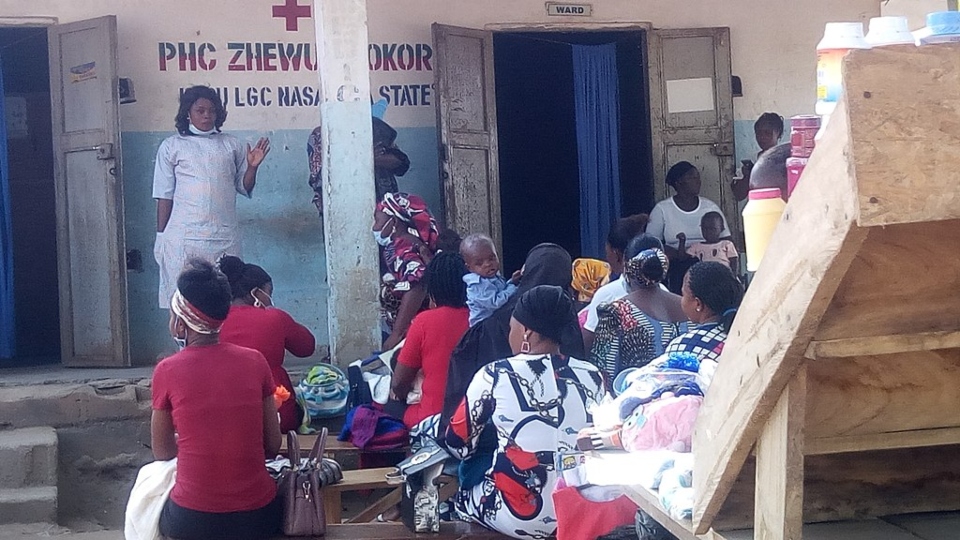On August 11, the Nigerian Association of Resident Doctors (NARD) suspended the strike they had initiated at the end of July. During the 17-day strike, NARD members called on the government to implement a more proactive health workforce policy to replace physicians who had migrated to other countries. They also demanded an increase in medical doctors’ salaries and the payment of arrears. According to statements from NARD’s leadership, the decision to suspend the strike will be reviewed in two weeks to evaluate the progress in negotiations with the government.
Doctors are not the only ones who have raised grievances in Nigeria over the last couple of months. Other health workers also went on strike in late May this year, demanding the consolidation of their salary structure, cost of living adjustments, and a guarantee of essential materials for care providers. Their negotiations with the government are ongoing, and the trade unions involved in the industrial action remain determined to achieve progress in all their demands.
According to Martin Egbanubi, General Secretary of the Nigerian Union of Allied Health Professionals (NUAHP), the demands of doctors and other health workers shouldn’t be considered separately. Instead, they should be addressed by the government as part of the same effort to strengthen the health system in Nigeria. “These are shared concerns between medical doctors and other health workers. The government should not address them in isolation, but as the same set of problems,” Egbanubi told the People’s Health Dispatch.
This is particularly true when it comes to the issues caused by health workers’ migration. Between 2008 and 2021, almost 35,000 physicians left Nigeria for the United Kingdom alone. For nurses, the numbers are even more striking: between 2002 and 2021, more than 60,000 of them emigrated to the UK. The high emigration numbers have led to reduced access to public health care for most people, while wealthier citizens have turned to medical tourism for continuity of care.
It is now practically impossible to ignore the consequences of the mass exodus of health workers from Nigeria, but not all health workers share the same opinion on how to address the problem. During the annual general meeting of the Nigerian Medical Association (NMA) in late July this year, NMA president Uche Ojinmah called on the government to privatize public hospitals to make them more attractive for physicians to work in. This step, if supported by the government, would halt brain drain and “may even initiate brain gain in Nigeria,” Ojinmah stated at the time.
Ojinmah’s statement has been heavily criticized by NUAHP, which declared that it would “resist in totality any attempt to privatize public health institutions in Nigeria.” The idea that privatization could enhance the quality of health care is absolutely wrong, explains Egbanubi. On the contrary, it would result in job and wage losses and further push essential health care beyond the reach of the poor.
Instead of transferring key public services to a select few, NUAHP has proposed to the government to increase expenditure on health — which now stands at 5%, still falling short of the goals set by the Abuja Declaration by 10 percentage points — strengthen the governance of hospitals and other health institutions, and ensure better utilization of all health cadres working in the public system.
People’s Health Dispatch is a fortnightly bulletin published by the People’s Health Movement and Peoples Dispatch. For more articles and to subscribe to People’s Health Dispatch, click here.





